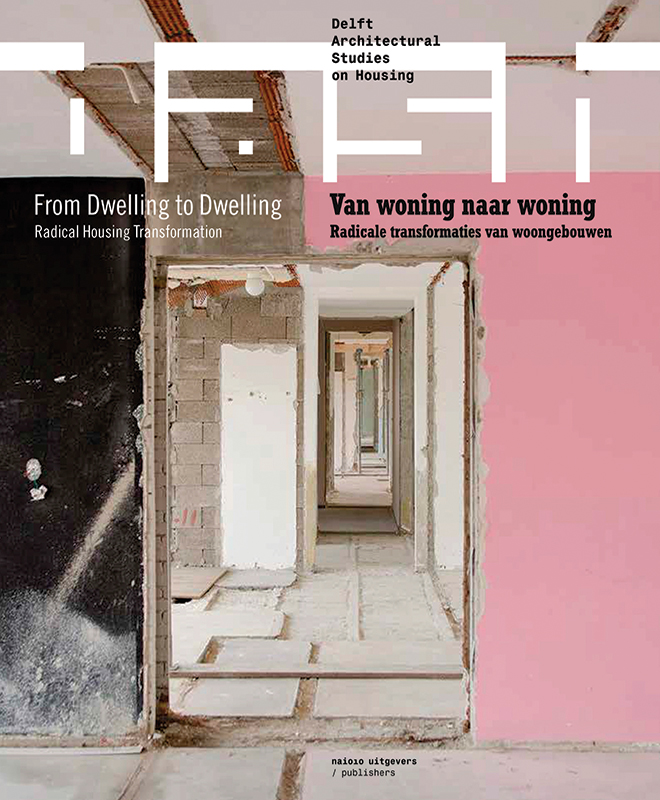Editorial
DOI:
https://doi.org/10.7480/dash.14.5059Abstract
A growing awareness of the necessity to use resources and social capital more sustainably has put the transformation of existing housing high on the agenda of developers and architects. In the Netherlands, attention is mostly focussed on postwar residential buildings, which for technical reasons alone are due to be refurbished.
But the assignment is not just a technical one: changing dwelling habits mean that the space and configuration of the existing housing stock no longer meet current requirements, while from a sustainable, practical or cultural point of view, the buildings are worth keeping. When current target groups require truly different dwelling arrangements, the challenge becomes even more interesting. In the ‘clash’ between old and new housing programmes, social changes suddenly become apparent as coagulated images of time.
At the level of the city, or something as elusive as ‘the memory of the city’, transformation as an alternative for demolition and new construction can also have a positive effect.



